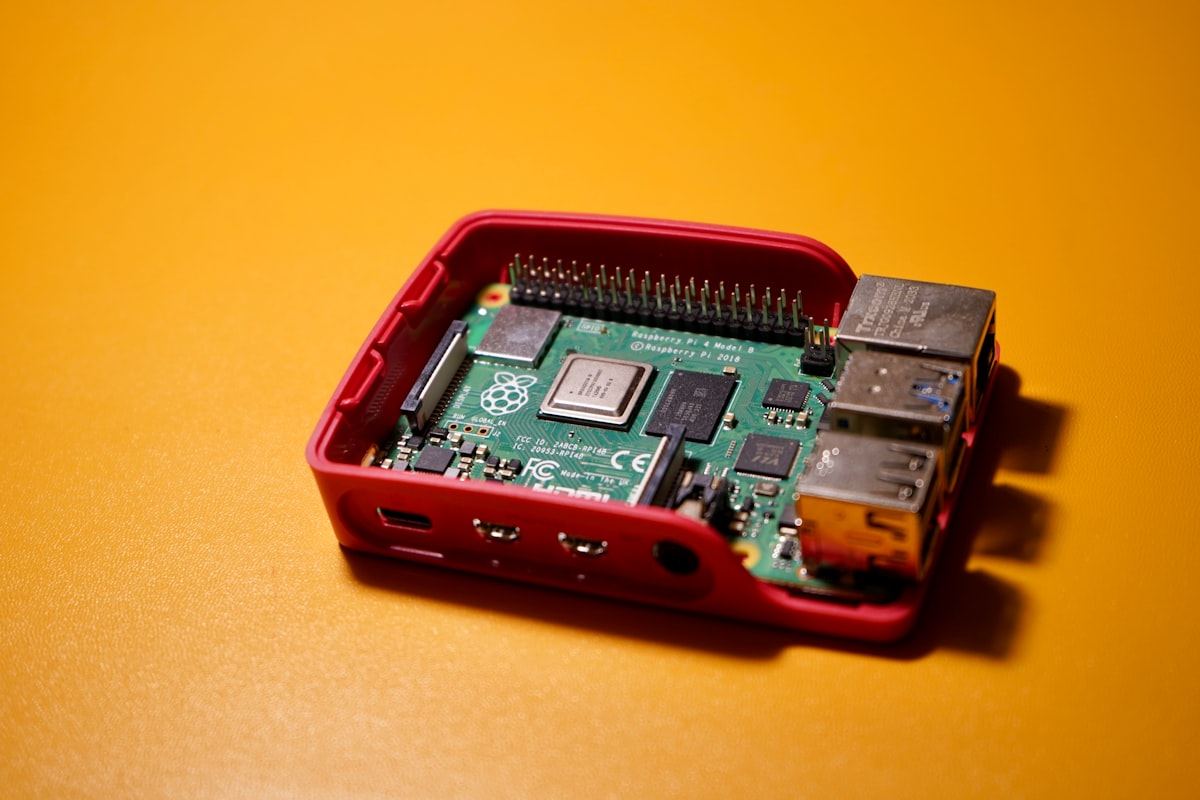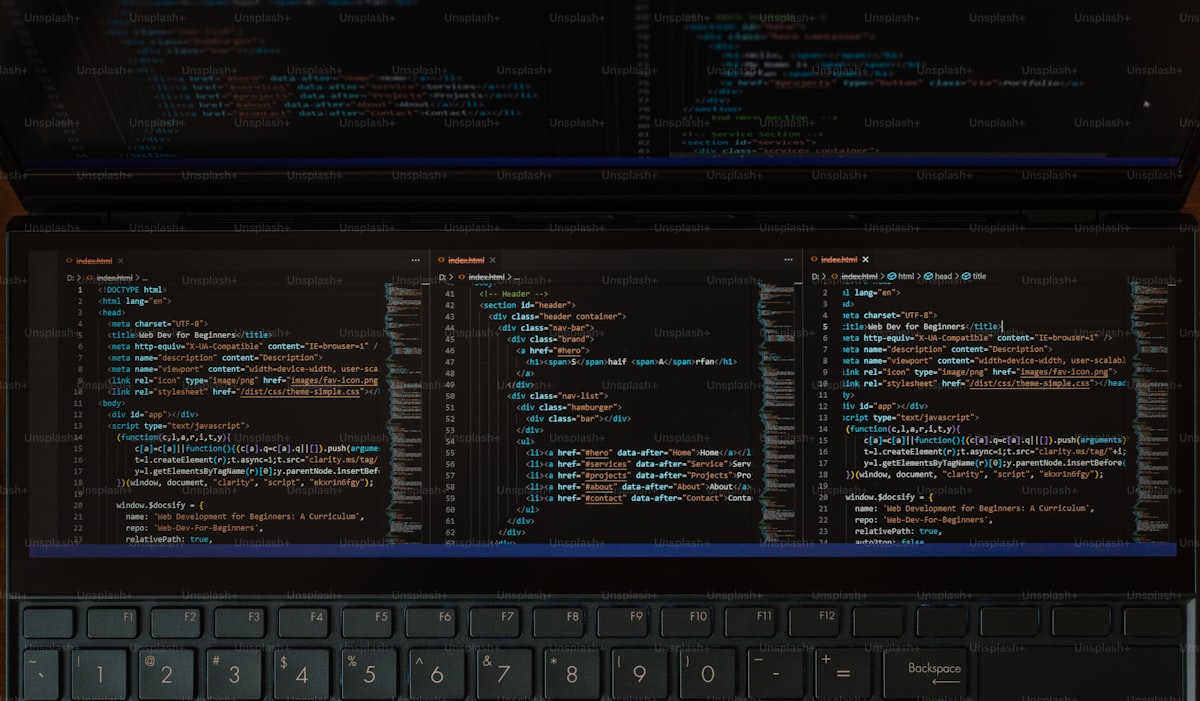Booting is a fundamental process in any operating system, including Linux. It serves as the initial step in bringing the system to a functional state, allowing users to interact with the hardware and software components effectively. Let’s explore the significance of booting in Linux:
1. System Initialization:
- Booting initializes the hardware components of the system, such as the CPU, memory, storage devices, and peripherals, ensuring they are in a usable state.
- It loads essential device drivers and firmware necessary for proper hardware operation, enabling the system to communicate with external devices effectively.
2. Loading the Kernel:
- One of the primary tasks of booting is to load the Linux kernel into memory. The kernel serves as the core of the operating system, managing system resources, providing essential services, and facilitating communication between hardware and software components.
- Boot loaders like GRUB (Grand Unified Boot Loader) or LILO (LInux LOader) are responsible for loading the kernel image from the storage device and passing control to the kernel.
3. Initializing the File System:
- Booting mounts the root file system, allowing the kernel to access essential system files and directories required for system operation.
- It checks and repairs file system integrity using utilities like fsck (file system consistency check) to ensure the integrity of the file system structure.
4. Starting System Services:
- During the boot process, Linux launches the init system, which is responsible for starting and managing system services and daemons.
- System services include network configuration, user authentication, system logging, and other background processes required for system functionality.
5. User Interaction:
- Once the boot process completes, the system presents a login prompt or graphical user interface (GUI), allowing users to log in and interact with the system.
- Users can execute commands, launch applications, perform administrative tasks, and utilize the full capabilities of the Linux environment.
6. Recovery and Troubleshooting:
- Booting provides mechanisms for system recovery and troubleshooting in case of errors or system failures.
- Users can access recovery modes or boot from alternative media to diagnose and resolve issues with the system, such as corrupted files, misconfigured hardware, or software conflicts.
7. Security and Stability:
- A properly configured boot process enhances system security by enforcing access controls, verifying the integrity of critical system files, and preventing unauthorized access to sensitive data.
- Booting also contributes to system stability by ensuring a consistent and reliable environment for software execution and data processing.
In conclusion, booting is a vital process in Linux that initializes the system, loads the kernel, initializes hardware, starts system services, and enables user interaction. It sets the foundation for a stable, secure, and functional computing environment, empowering users to leverage the capabilities of the Linux operating system effectively.







